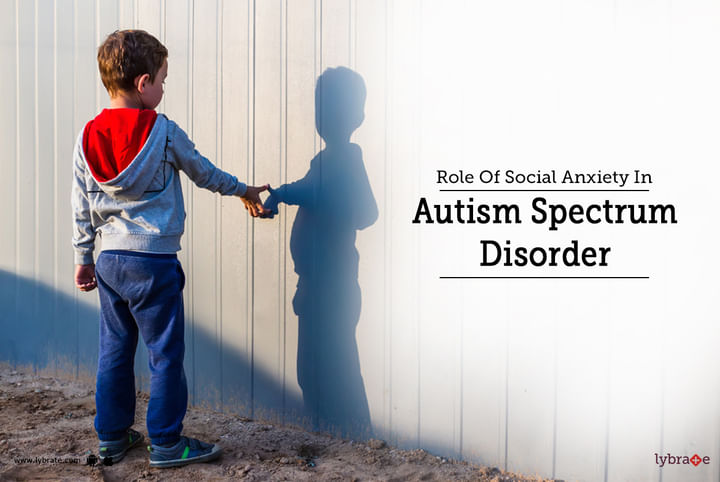Role Of Social Anxiety In Autism Spectrum Disorder
Most of the psychological disorders belonging to the group communicational and social skills are quite overlapping. They are very much the same in terms of its outcomes and method of treatment. The only difference they possess is the root cause.
Social anxiety disorder can be defined as intense fear or anxiety under uncomfortable social convictions. This can be both hereditary and conditional in nature. One of the key reasons why social anxiety builds in an individual is negative past events. On the other hand, autism is a psychological disorder that hampers an individual ability to communicate and social skills.
Social Anxiety And Autism Spectrum Disorder
Both of the mental conditions are co-related with each other. Social anxiety creates a sense of fear in a person when they are socializing or in a social event. Over a period of time, it can degrade an individual skill to talk or behave. This can create holes in your social skills resulting in developing disorders like autism.
The same goes with autism, hampered social skills often decrease individual confidence. As it goes further, low confidence can make a person more anxious which can lead to social isolation and lastly social anxiety disorder.
How to Tell The Difference?
It is very hard for general people to differentiate between two overlapping mental disorders. Only a professional mental healthcare professional can help you with accurate diagnoses. This can be done with the help of a set of diagnoses and screening tests. One of them may include DSM-5.
The test involves various forms of assessment taken on the patient and its social circle like parents, teachers, co-workers, etc. for both adults and children, the test will analyze the following spectrums -
- Feeling under social situations
- Consistency, duration, and intensity of the feelings
- Impact of the feeling on daily life
- Effect of current feelings on future interactions
Alongside the mentioned parameters, the doctor will assist past life, parental history, medical illness, age, cultural background, etc. After collecting all the information, your doctor will design a treatment plan based on your diagnosis, whether it is autism or social anxiety disorder.
Treatment
Both disorders have the same set of treatments, however, the approach to problems will be different. For instance, social anxiety can be managed by providing a safe and comfortable interacting environment that can help the patient to overcome their fears. But in the case of autism, the treatment will be more focused on mending the hampered social and communicational skills via therapies.



+1.svg)
